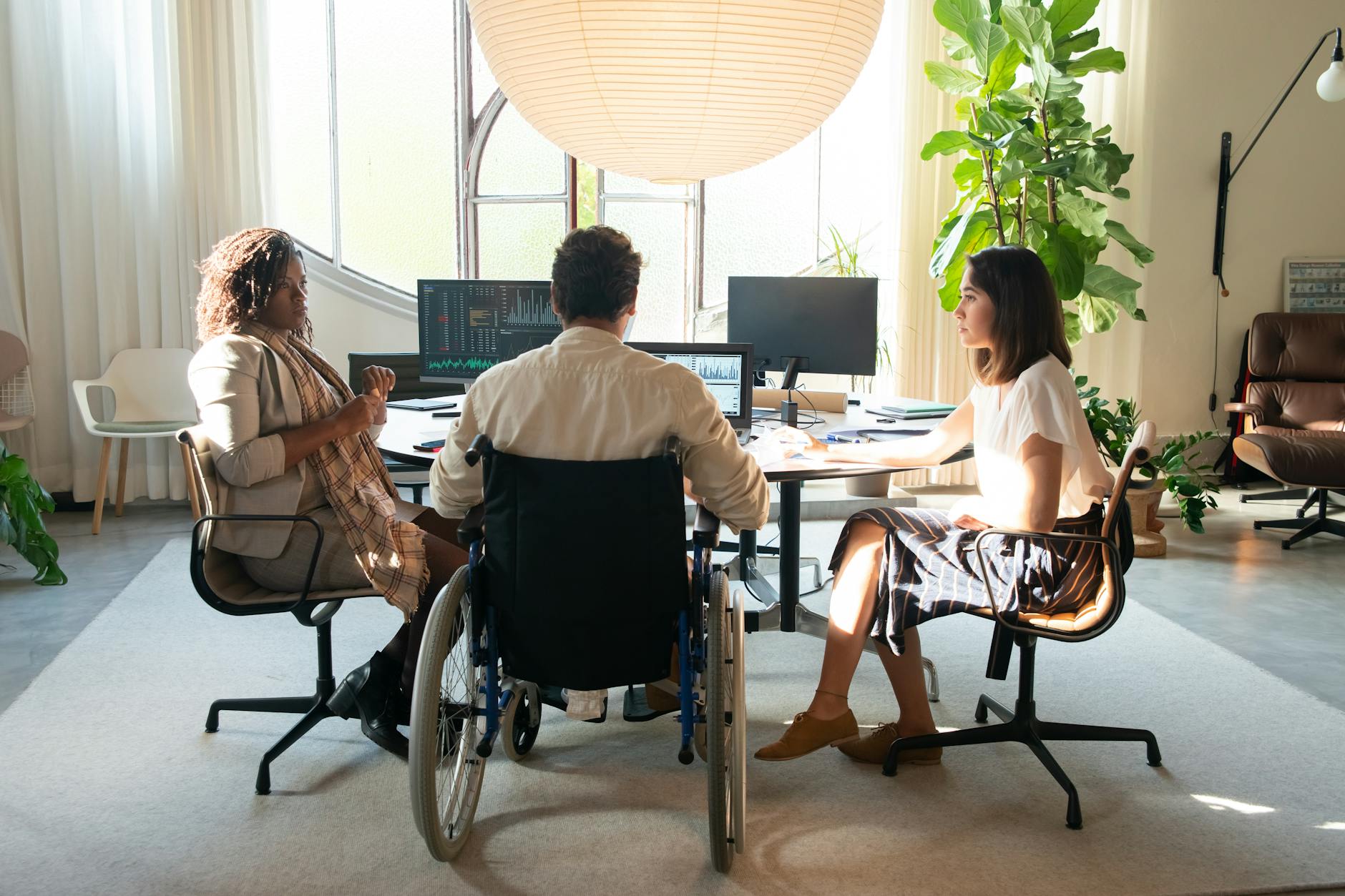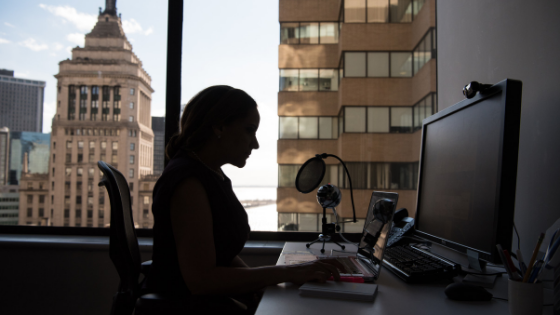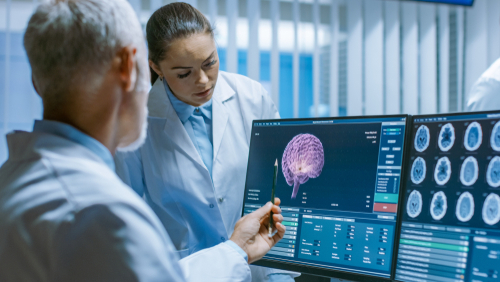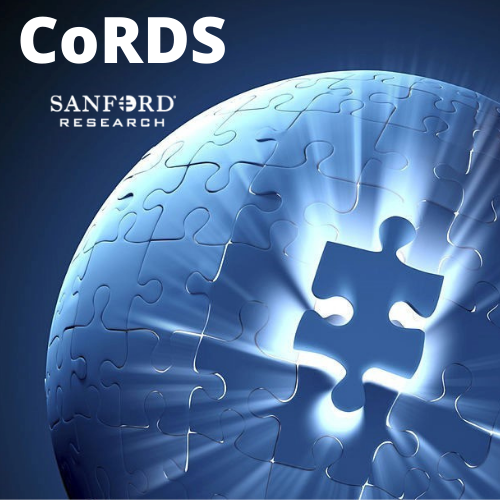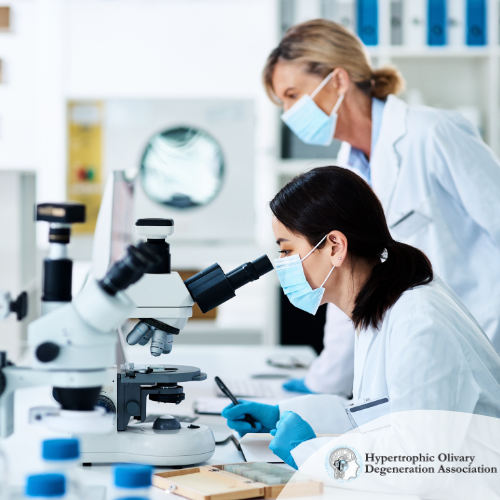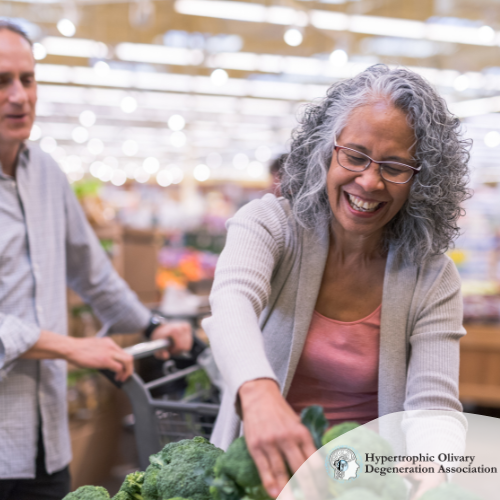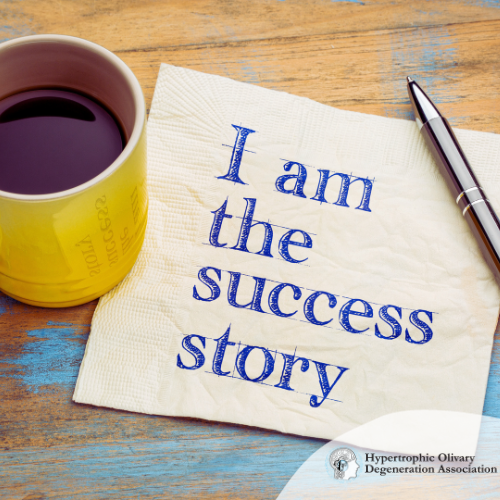What is Hypertrophic Olivary Degeneration?
HOD is a rare neurological disease that eventually leads to degeneration in the inferior olivary nucleus, located in the brain stem (the structure that connects the brain to the spinal cord). The inferior olivary nucleus is the lower part of the olivary body, an oval structure located on each side of the brain stem that assists in cerebellar motor learning and functioning. HOD is considered unique because the olive initially becomes enlarged (hypertrophic) rather than atrophic (wasted). Over time, the olive goes through atrophy. There are two olives. HOD can affect one (unilateral) or both (bilateral).
Meet Ollie
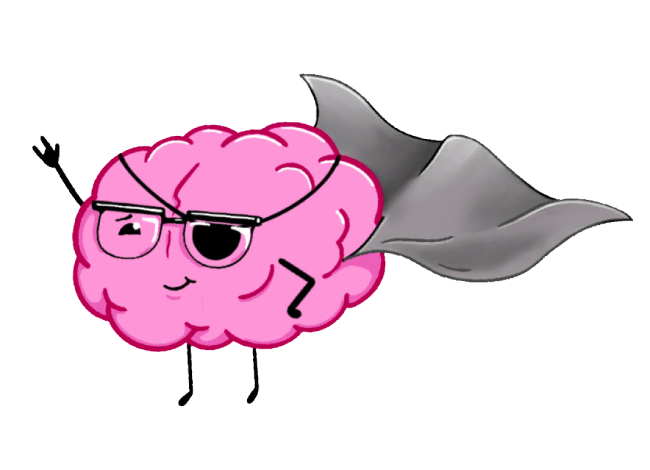
Meet Ollie, the HOD Hero. Ollie was born to help our Founder, Christina Coates, cope with her new diagnosis of Hypertrophic Olivary Degeneration. Ollie wears an eye patch to control the diplopa (double vision) that the HOD has caused. Ollie understands that even though HOD causes disability, it doesn’t take away our ability to be a hero. We have the power to make HOD history! All we have to do is work together, share information, participate and be a part of this fantastic community.
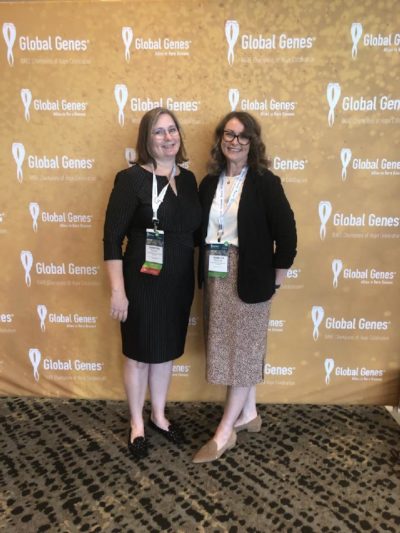
Our Story
Why was HODA created?
When our founder was diagnosed with HOD, she scoured the internet trying to find any information on this daunting diagnosis, only to come up virtually empty handed. She had been volunteering for another rare brain disease group, https://www.alliancetocure.org/, which happened to have another member who also was diagnosed with HOD. This led her to a Facebook support group of 100 patients and care givers.
After the initial shock and grief of the diagnosis settled, Christina decided that if anything was going to change, a Patient Advocacy Organization had to be created. Having come from a career in accounting and finance, she was quite ignorant as to what she was signing up for. She recruited her sisters and a retired work colleague, and filed the paperwork to start HODA.
Of this original group, only her sister Rebecca remains. Together, they are always learning, growing and recruiting anyone who will listen to join the cause. Together, and with their mighty board, they are determined to find treatments and cures for this small community of HOD Heroes!
HODA Initiatives
A Commitment To Our Community, Making Progress!
Help us make HOD History! Donate today!
Latest Posts
Don’t have the time to go through all of our blog posts and articles? Catch up on our latest posts here!
Frequently Asked Question

What can I expect with this diagnosis?
Each case is different in how it presents. In a review of our patient registry data, almost all patients experience a constant dizzy-like feeling, double vision, nystagmus in one or both eyes, and some balance problems.





How long will it take for the olive(s) to degenerate?
This also is a very uniquely presenting factor to each patient. Best estimates are 5-7 year for the hypertrophy, then the atrophy cycle to complete. This is yet another reason why basic research is so important!





Will this resolve on its own?
We have not yet seen a cured case of HOD. We have seen patients gain coping skills and learn to live with HOD, but no one has been cured to our knowledge.





Can I still lead a productive life with HOD?
Absolutely yes you can! It will look different from the life that you led before, but it is still a life very much worth living. Many of our patients have found a renewed appreciation for life and all of the little things we take for granted. One key factor is finding community, and connecting with others who understand the journey.
